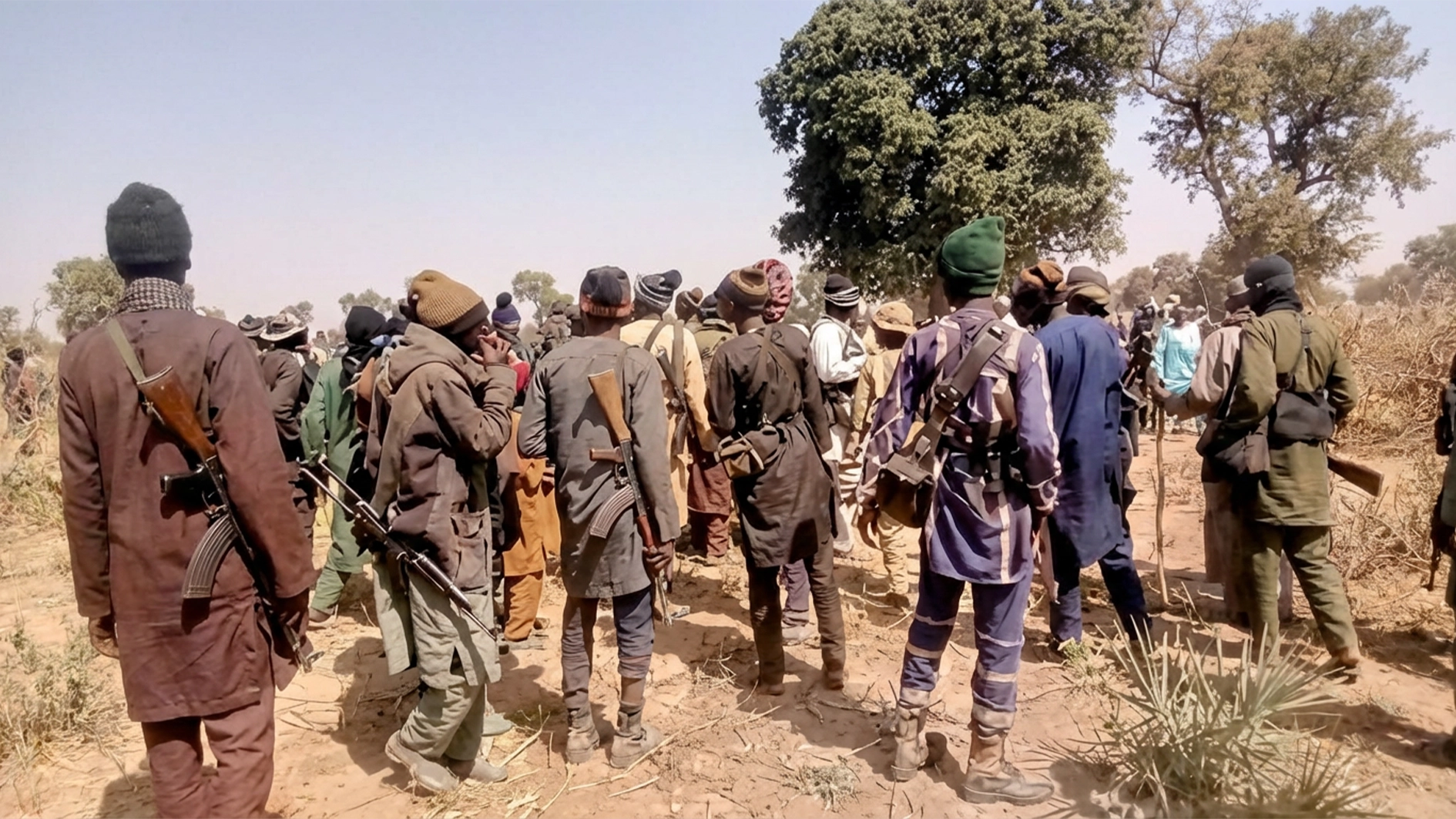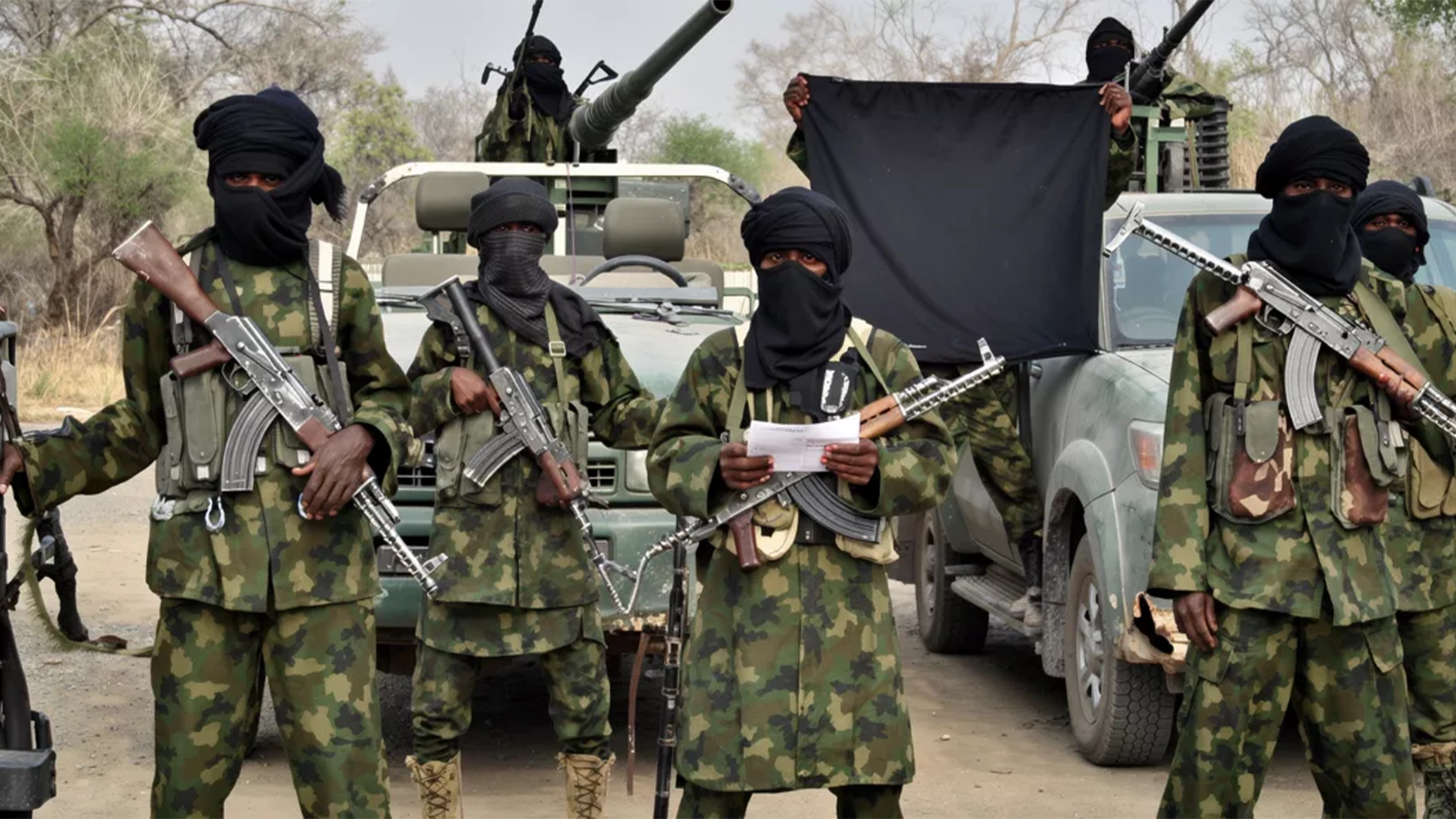Economic Community of West African States (ECOWAS) has reaffirmed its commitment towards building robust mechanisms and structures to enhance operational efficiency in police institutions across the region.
This was considered as part of a broader strategy to strengthen peace and security.
The commitment was made at the opening of the two-day yearly regional meeting for Police Focal Points Unit (FPU) and Individual Police Officers (IPOs) for peace support operations, yesterday in Abuja.
Speaking at the event, the Chairman of the West African Police Chiefs Committee and Inspector General of Police, Sierra Leone, William Fayia Sellu, said the meeting marked a crucial step towards creating a reliable, mission-ready police roster to support peace operations in the region.
Represented by his Deputy, Mr Sahr Yomba Senesi, the IGP said the workshop came at a critical time in the collective regional security journey.
He emphasised the urgent need to establish standardised structures for rapid deployment, noting that police forces play a unique role in bridging military interventions and civilian-led governance.
“As chair of this meeting, let me underscore the importance of building structures and mechanisms that enhance operational readiness across our national police institutions. This roster initiative aligns directly with that vision”, he said.
According to him, the outcome of the meeting must transcend paperwork.
“It should be a living tool capable of enhancing our collective ability to respond to crises, restore order, and uphold the dignity of our people”, he added.
In his remarks, ECOWAS Commissioner for Political Affairs, Peace and Security, Ambassador Abdel-Fatah Musah, represented by the ECOWAS Director of Peacekeeping and Regional Security, Dr Sani Adamu, highlighted the role of ECOWAS Standby Force as a vital mechanism for regional peace and security.
“As a multidimensional force, it is designed to respond swiftly and effectively to conflicts across the region and also serve as a standby brigade for the African Standby Force”, Musah said.
Meanwhile, the West Africa Drug Policy Network (WADPN) and its partners have called on ECOWAS, Ghana, Nigeria and Burkina Faso to take immediate and decisive steps towards decriminalisation as well as protection of human rights and marginalised persons.
According to the group’s communications officer, Michael Tetteh, the criminalisation of vulnerable people and people with diverse sexual orientations (PWDSO) has continued to deepen cycles of poverty, stigma, disease, and violence.
He noted that in Ghana and Nigeria, particularly, punitive drug laws continue to contribute to prison overcrowding, HIV prevalence, and the isolation of people from healthcare systems.
He called on ECOWAS to go beyond its current commitments and adopt a regional human rights and health strategy for key populations; support member states in drug law reform and harm reduction scale-up; create mechanisms to monitor abuses against vulnerable populations, as well as hold governments accountable to international human rights treaties.
“As advocacy campaigns draw global attention to the struggles and resilience of marginalised groups, West Africa must not be left behind. Justice, health, and dignity for all cannot wait,” he said.






